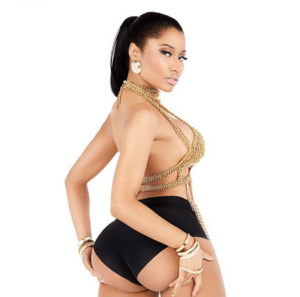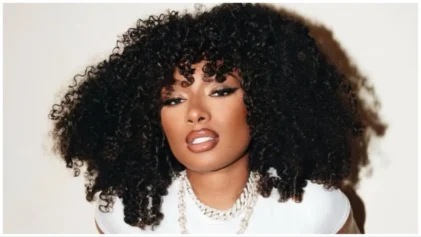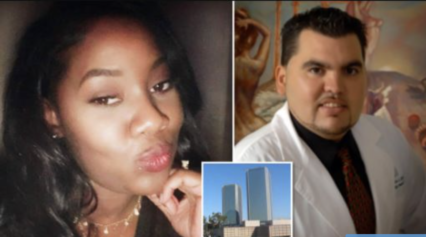After scrolling through your Instagram feed for just a few minutes, you’re bound to see several retouched photos of women. These days, Black women (and some men) are using graphic capabilities to remove blemishes from their faces, give the appearance of a slimmer waistline or even give themselves a larger backside through digital manipulation.
In the past, plastic surgery was generally viewed in the Black community as something that “white people do,” as well as a waste of money and a sure sign of vanity. But these days, more and more Black women are being honest about their physical imperfections, and are less embarrassed to improve them. But is this due to the constant pressure to look perfect, or does it indicate enhanced body awareness?
It’s important to note that there are plastic surgery clinics that cater to certain ethnicities. For instance, a clinic in Upper Manhattan works on a number of Dominican women who want to have butt lifts. These women prefer the defined curve that the procedure provides. However, Koreans who live in or near Chinatown visit their plastic surgeon to have their jaws slimmed down. These trends suggest that the pressure to adhere to the European standard of beauty is prevalent not only in the Black community but in other non-white cultures. There’s also the notion that white immigrants have surgeries in order to look more American, since it has been reported that Russians often get breast implants once they arrive in the U.S.
However, while some women are having plastic surgery to appear 
According to an ABC News article, Black women are still pretty quiet about having work done. However, women of African descent are getting cosmetic procedures more and more these days. Still, medical professionals agree that “Black don’t crack,” indicating that Black women don’t have as much of a need to get procedures that hide wrinkles due to the oil and melanin in their skin.
The overall trend shows that Black women are receiving conflicting messages when it comes to their bodies and the standard of beauty they should subscribe to. For instance, more Black women are getting rhinoplasty surgery to make their noses smaller, but are playing up their lips and hips. And, due to the high cost of some cosmetic procedures, some Black women are getting their injections done by people who are not licensed to practice medicine.
Whether a Black woman chooses to have a cosmetic procedure done to boost her confidence or correct a physical abnormality, it’s essential to choose a qualified and experienced doctor to perform the surgery. The growing number of Black women who are going under the knife also sends a clear message that body confidence should be discussed and encouraged within the Black community, as opposed to spreading a message of shame and ridicule for having “work done.”



